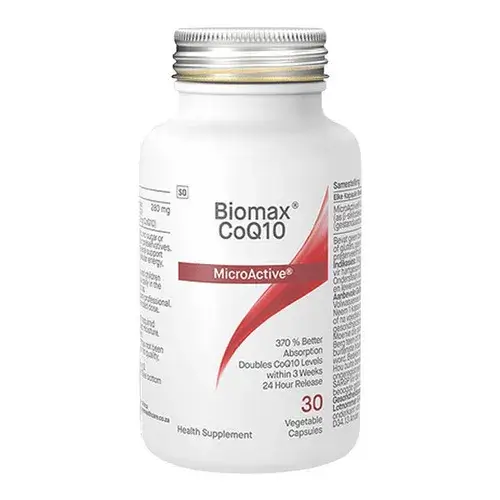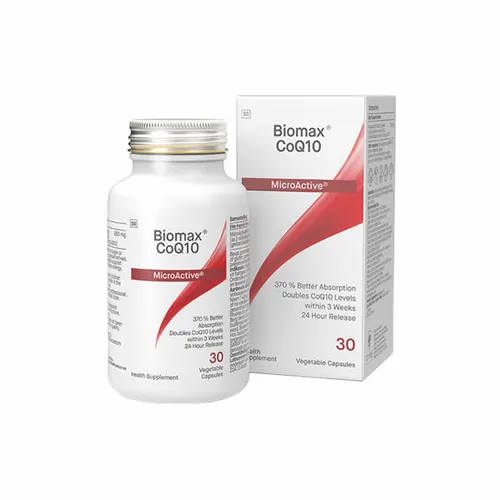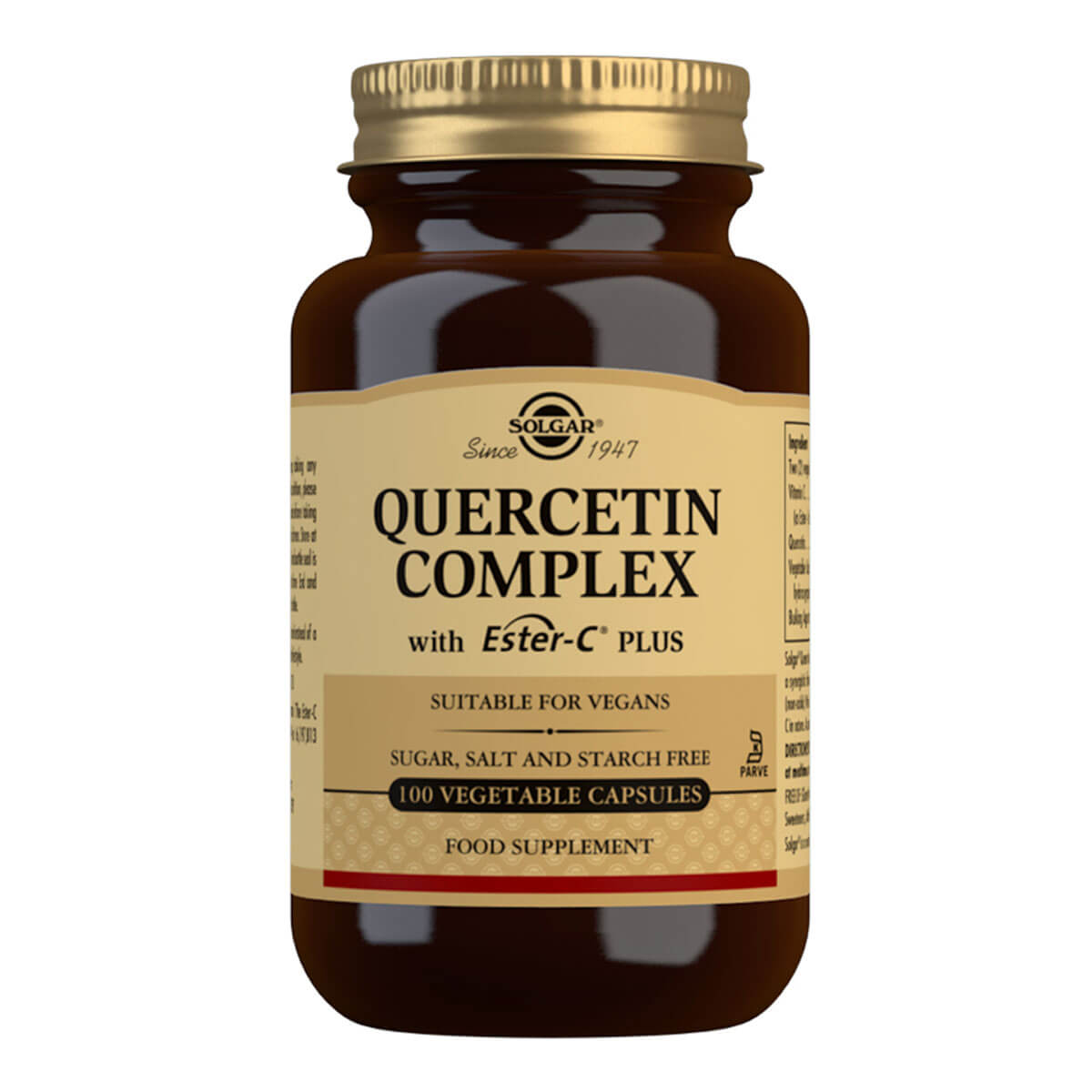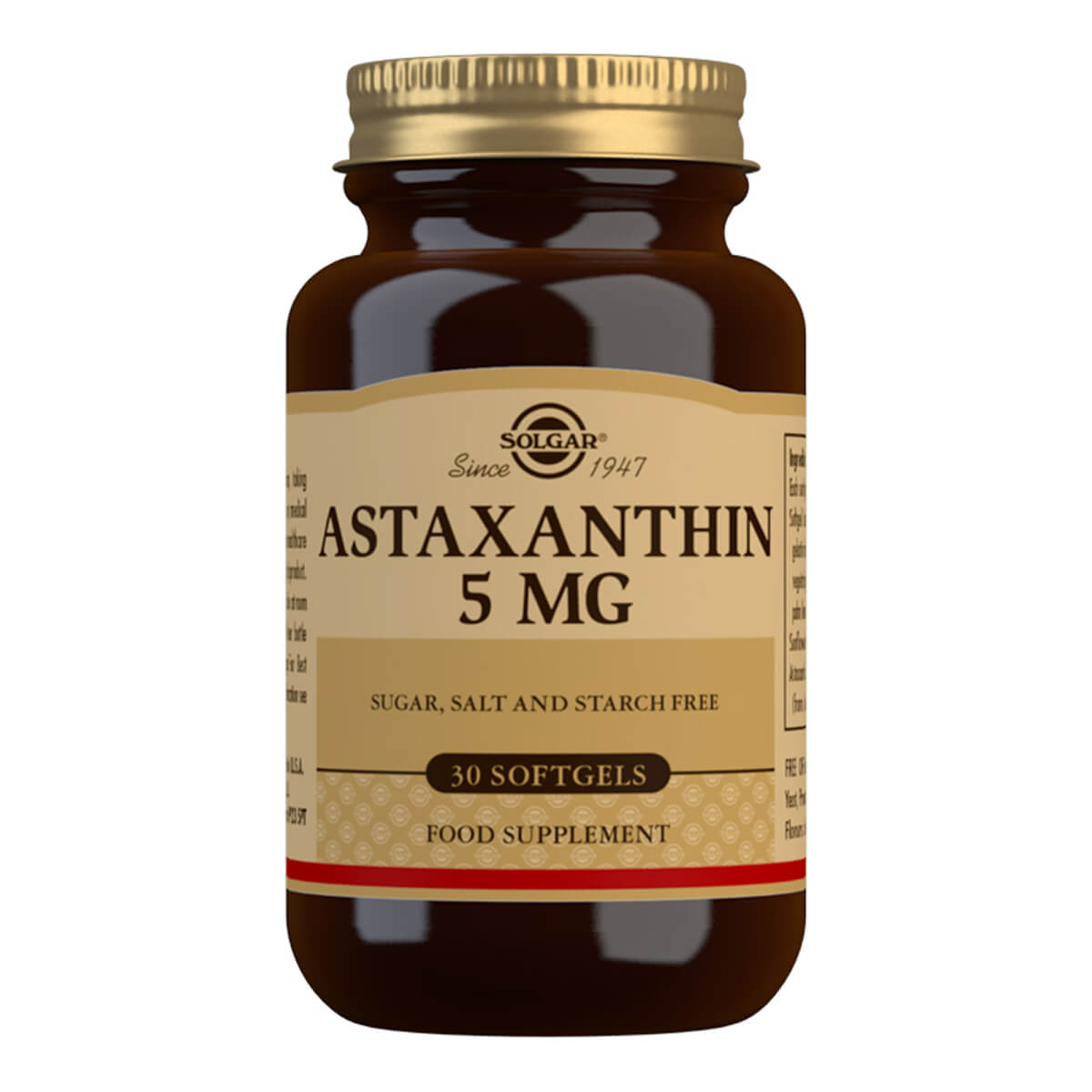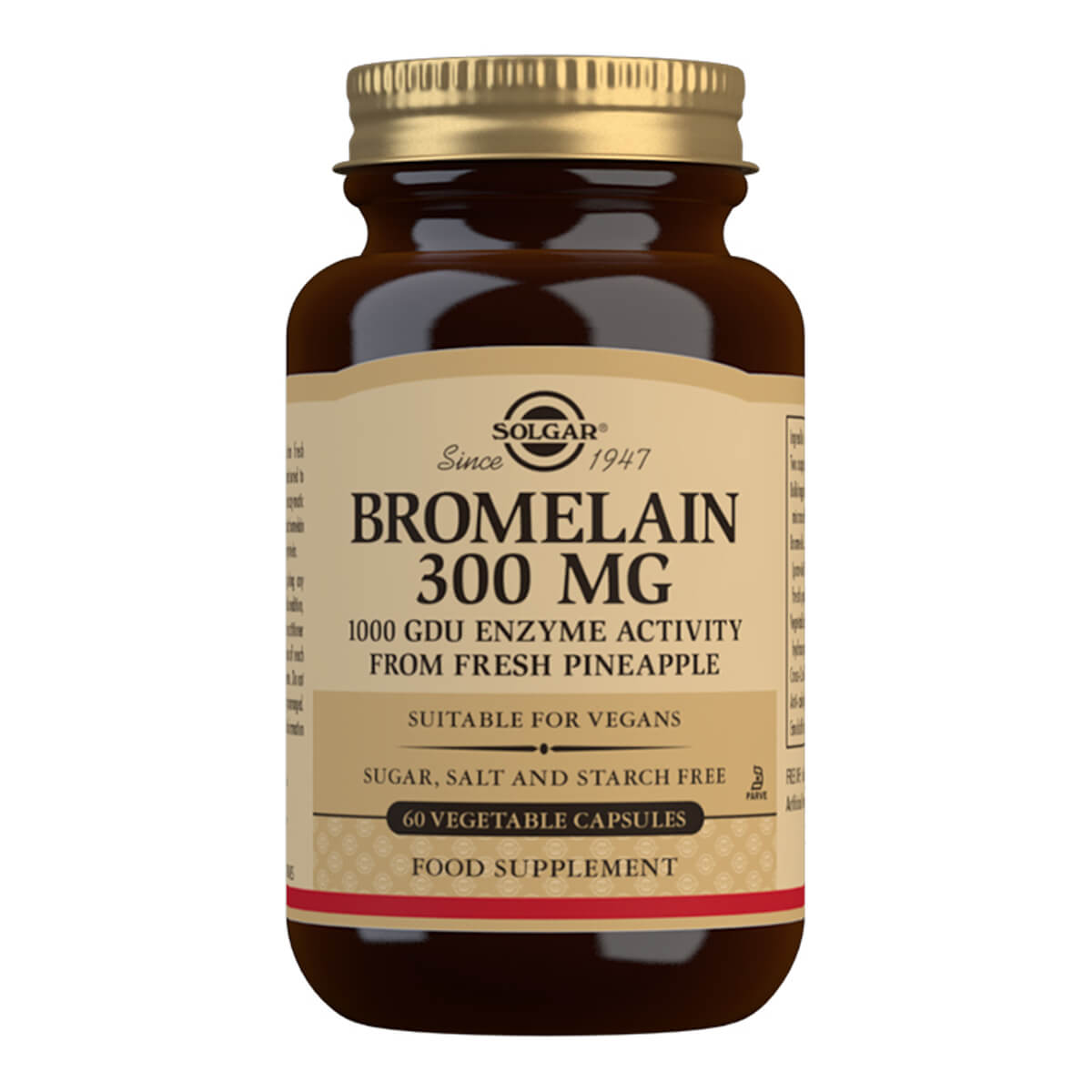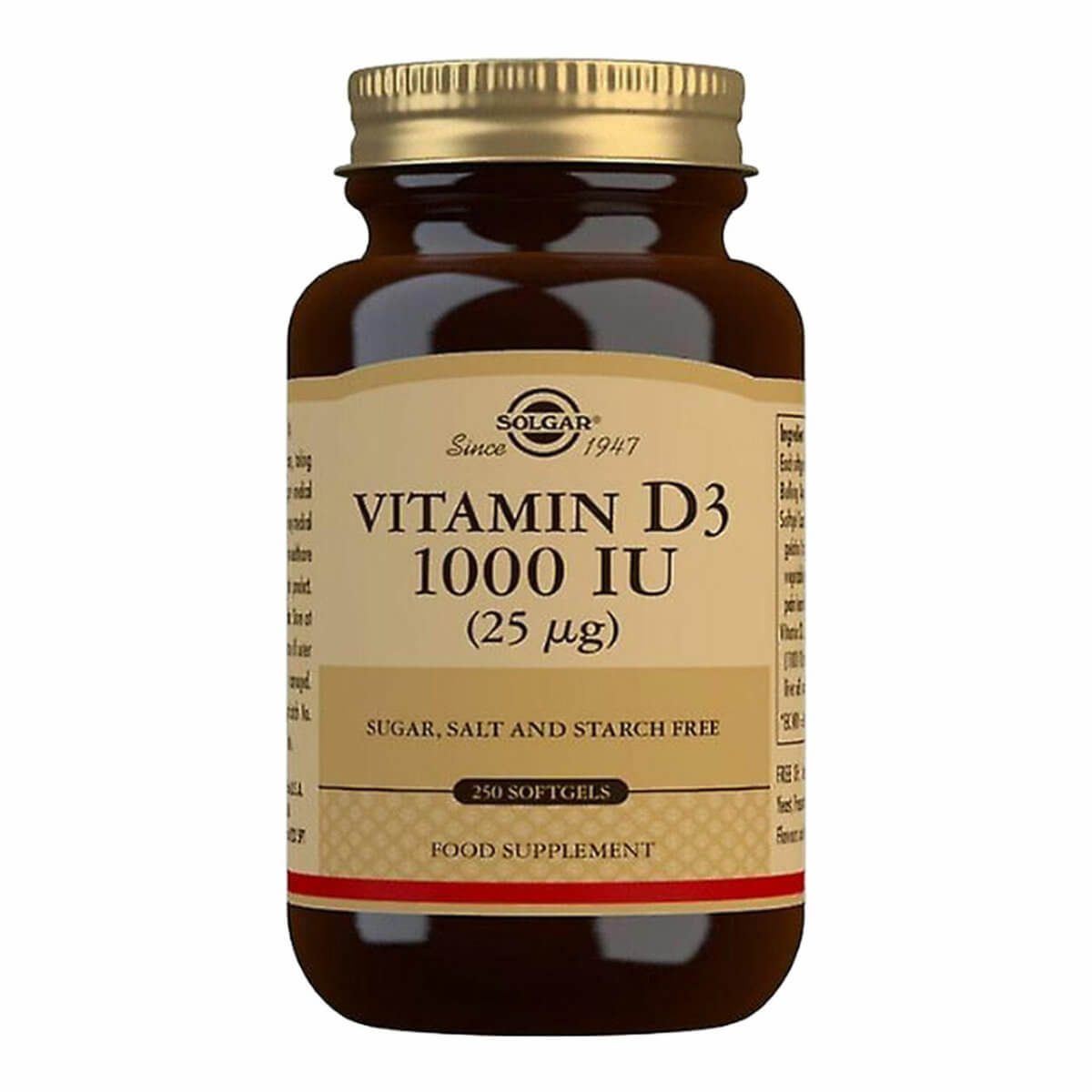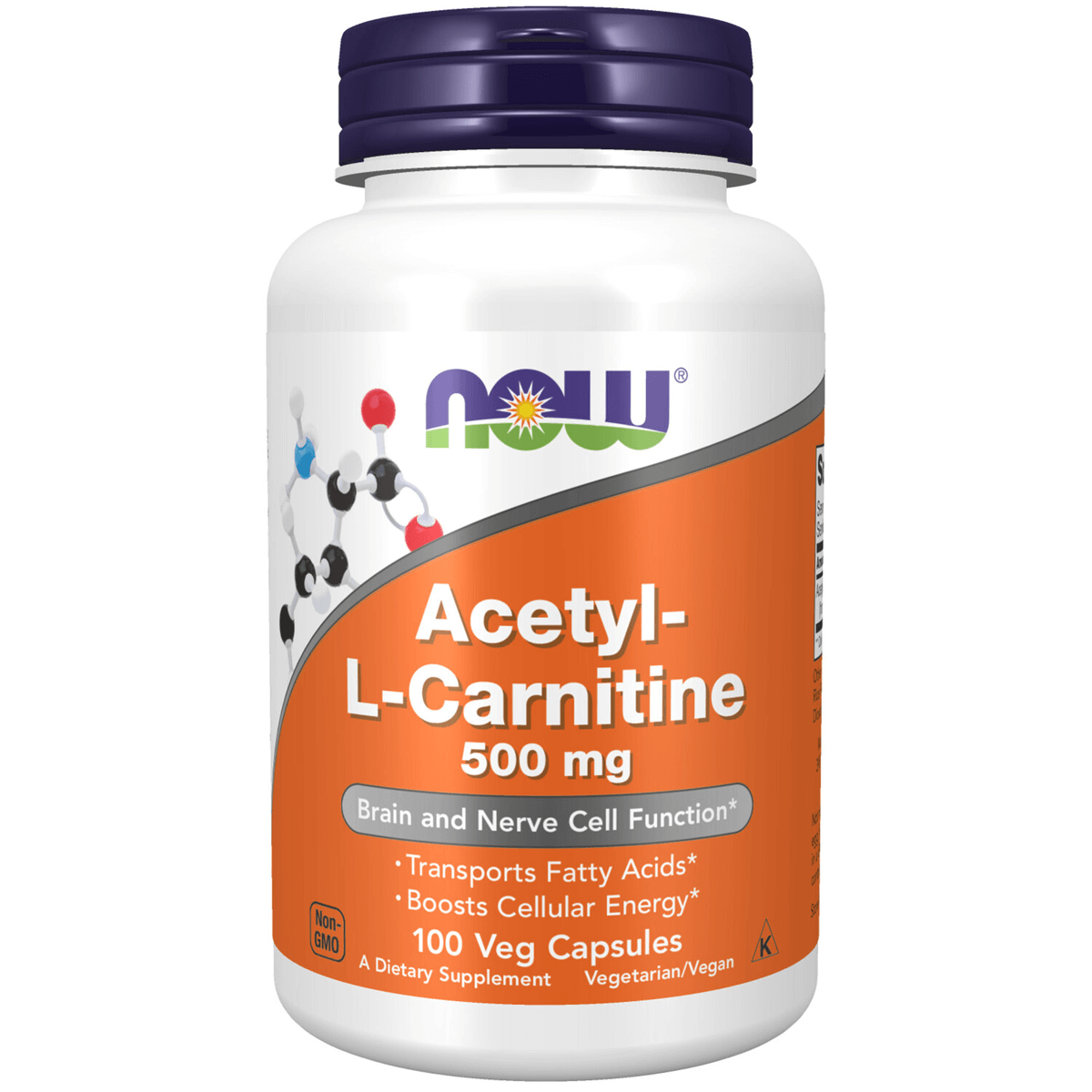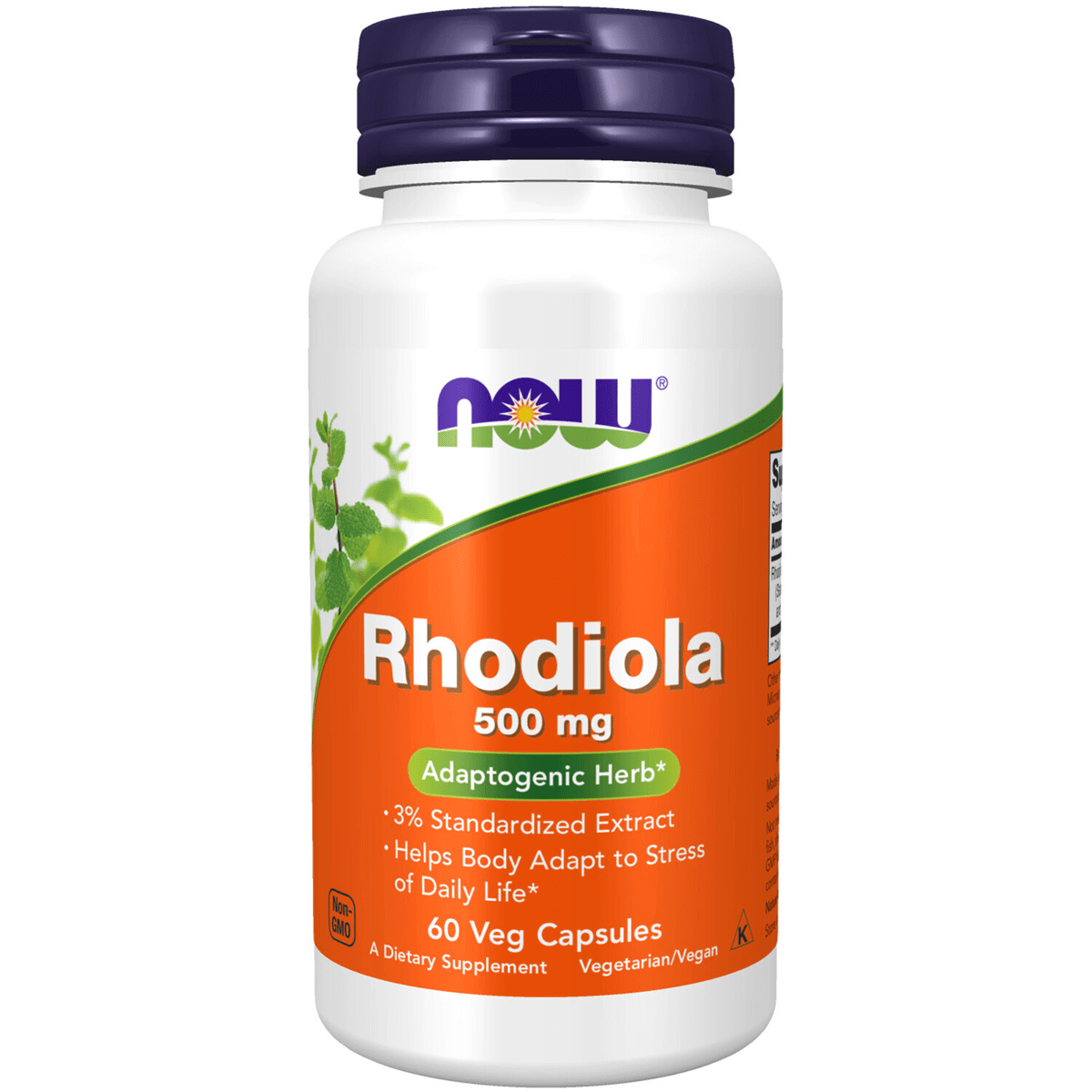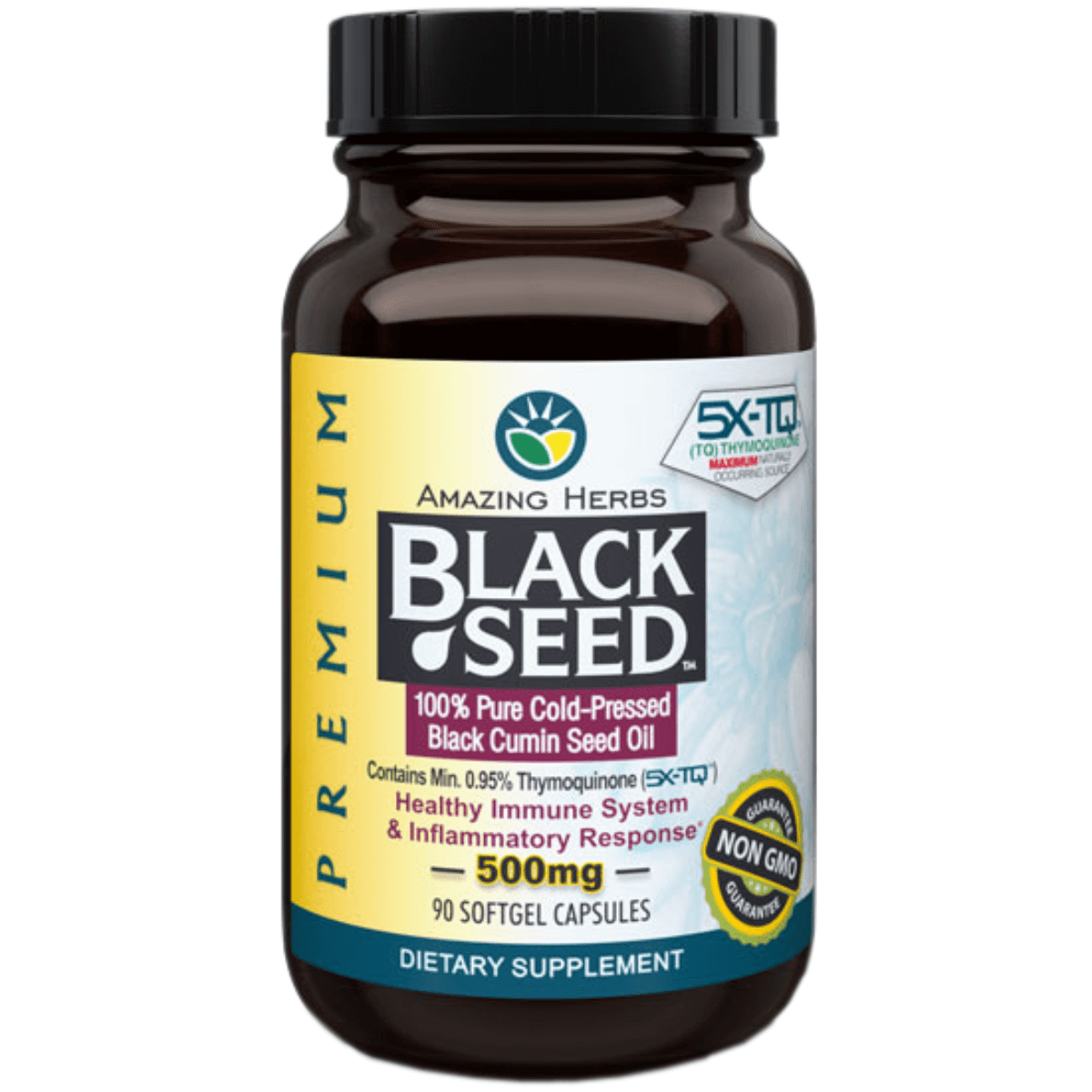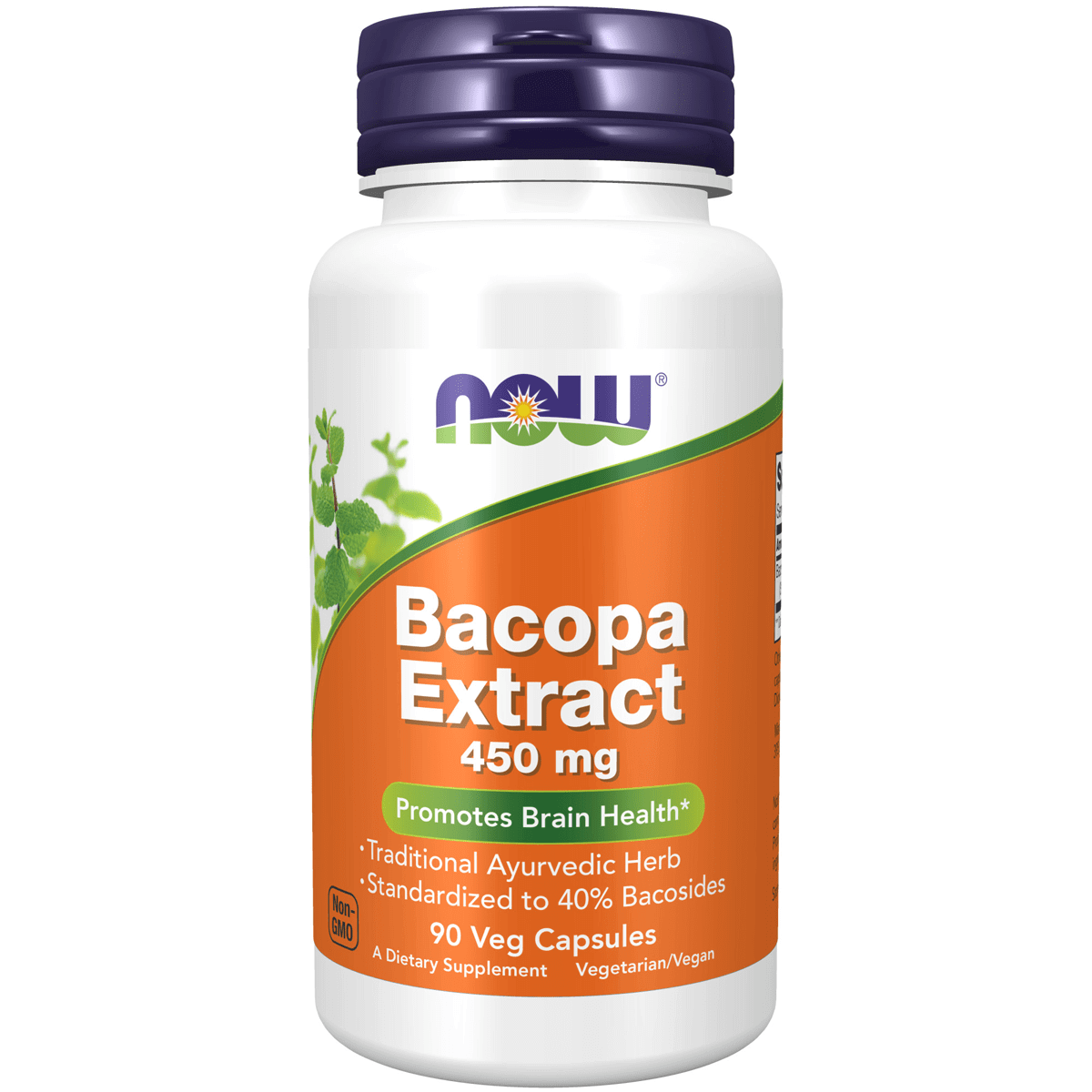Want to know More?
Details
This multitalented compound functions like a vitamin in the body, offering support for cardiovascular health and playing a role in a range of functions, from cell growth and maintenance to energy production. CoQ10 is also a rich source of antioxidants, thereby protecting cells from oxidation and subsequent free radical damage.
This multitalented compound functions like a vitamin in the body, offering support for cardiovascular health and playing a role in a range of functions, from cell growth and maintenance to energy production. CoQ10 is also a rich source of antioxidants, thereby protecting cells from oxidation and subsequent free radical damage.
- CoQ10 is a powerful, fat-soluble antioxidant that also has anti-inflammatory effects and plays a role in energy production
- It’s found throughout your body in cell membranes, but it’s most abundant in your heart, lungs, liver, kidneys, spleen, pancreas and adrenal glands
- CoQ10 offers significant benefits for heart health, kidney function, liver disease, migraines and more
- Your production of CoQ10 peaks around the age of 25, then begins to decline; by the age of 65, your body typically produces only about half the amount it did at 25
- Many people, including older adults, those with certain chronic diseases and people taking statin drugs, benefit from ubiquinol supplementation; ubiquinol is the reduced version of CoQ10 that’s more easily absorbed
Ingredients
MicroActive CoQ10 Complex 280mg (as B-cyclodextrin and CoQ10)
(Standardized to contain 72mg CoQ10)
Other Ingredients: Brown rice flour, silica and vegetable stearate in a clear vegetable capsule. Contains no known allergens, no sugar or gluten, no artificial flavours or preservatives.
Supplement Facts
Supplement facts
Ingredients: (per 1 veg capsule)
MicroActive CoQ10 Complex 280mg (as B-cyclodextrin and CoQ10)
(Standardized to contain 72mg CoQ10)
Other Ingredients: Brown rice flour, silica and vegetable stearate in a clear vegetable capsule. Contains no known allergens, no sugar or gluten, no artificial flavours or preservatives.
Suggested Use:
Adults and Children over 12yrs:
Take 1 capsule daily in the morning with or after food or as recommended by a healthcare professional
Caution:
Do not exceed the recommended dose. If you are taking antihypertensive medication or warfarin, if you have a bleeding disorder or if you are pregnant or breastfeeding, consult your healthcare professional before taking Biomax® CoQ10.
Companion Products:
Vit B12 , Magnesium, Glutathione, Vitamin C
How to Use
Suggested Use:
Adults and Children over 12yrs:
Take 1 capsule daily in the morning with or after food or as recommended by a healthcare professional
Caution:
Do not exceed the recommended dose. If you are taking antihypertensive medication or warfarin, if you have a bleeding disorder or if you are pregnant or breastfeeding, consult your healthcare professional before taking Biomax® CoQ10.
Companion Products:
Vit B12 , Magnesium, Glutathione, Vitamin C
Let's Reset Your Immune System
Immune Health Kits For Kids
Our Children’s health is more important than ever, talk with us and get you on the right track with your Family’s Health.



